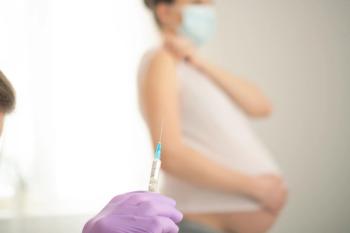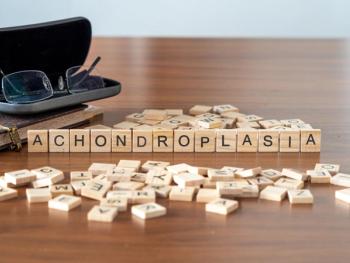
Teething sometimes may get a bum rap
Tooth eruption has been held responsible for irritability, increased salivation, sleep disturbance, fever, diarrhea, and loss of appetite.
Tooth eruption has been held responsible for irritability, increased salivation, sleep disturbance, fever, diarrhea, and loss of appetite. A new study suggests that although most of these conditions are associated with primary tooth eruption, severe signs and symptoms such as fever are not.
Investigators in Brazil conducted a study during an 8-month period in 47 infants aged from 5 to 15 months with up to 7 erupted incisors and no history of chronic disease or disorders that could cause an increase in the signs and symptoms being assessed. Dentists visited the infants' homes at the same time every day during the study period to take tympanic and axillary temperature readings and perform clinical examinations to determine tooth eruptions. In addition, mothers were interviewed about any signs and symptoms they noticed in the previous 24 hours. A total of 231 teeth erupted during the study.
Teething was associated with a slight rise in tympanic temperature on the day of the eruption, with significant differences in tympanic temperature between noneruption days and day of eruption (P=.004), the previous day (P=.012), and the following day (P<.001). A statistically significant difference in axillary temperature was seen only between noneruption days and the day after eruption (P=.007). Eruption day and 1 day after eruption also were associated with a variety of symptoms, most often irritability, increased salivation, runny nose, and loss of appetite. Mothers also reported sleep disturbance, rash, and diarrhea but no severe signs or symptoms (Ramos-Jorge J, et al. Pediatrics. 2011;128[3]:471-476).
Dentist home visits every day for 8 months!
Families always have been willing to attribute all sorts of signs and symptoms to teething, despite little evidential support. I remember long ago telling parents that there was no evidence that teething caused diarrhea, rhinorrhea, or diaper rash, only to be faced with my own daughter's runny nose, loose stools, and horrible diaper rash, all of which resolved when she cut her first 2 teeth. These researchers support my findings in my daughter and show that teething causes an array of symptoms. Included on the list is increased temperature but not fever. The maximum temp measured on the day of tooth eruption was 36.8°C (98.24°F).
The point is that signs and symptoms may be because of teething but it is up to the careful clinician to first determine that these findings do not have a more worrisome cause that requires treatment. -Michael Burke, MD
Newsletter
Access practical, evidence-based guidance to support better care for our youngest patients. Join our email list for the latest clinical updates.








